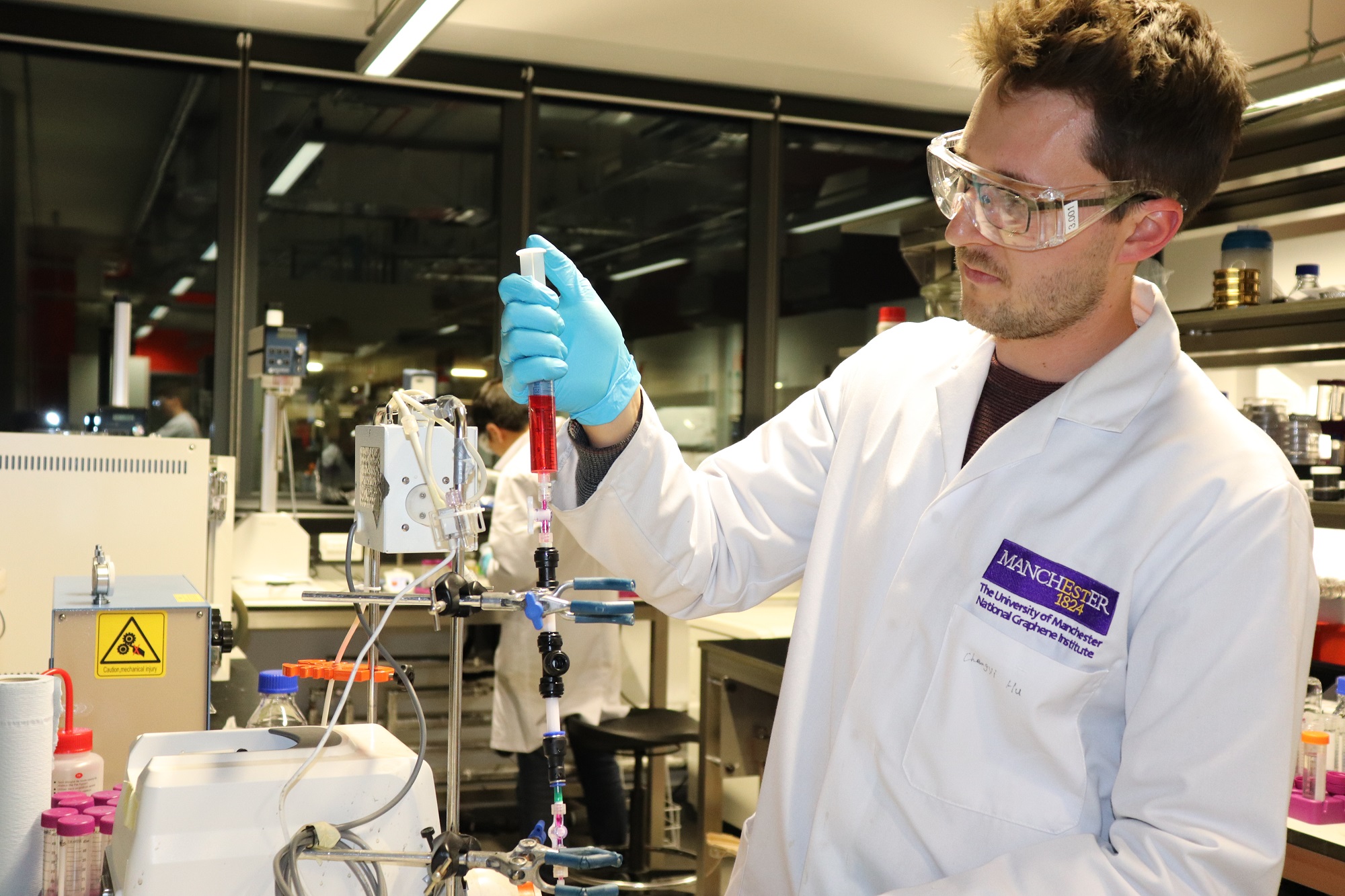
The National Graphene Institute (NGI) at The University of Manchester has signed an 18-month research project with LifeSaver, a UK-based manufacturer of portable and reusable water filtration systems, to develop graphene water filtration.
The project will focus on developing graphene technology that can be used for enhanced water filtration, with the aim goal of creating a product capable of eliminating an even wider range of hazardous contaminants than currently removed by LifeSaver’s existing ultra-filtration process.
Over the last few years, graphene has emerged as a material with potential for water filtration and desalination and researchers working on graphene membranes at the NGI are leading the way. Graphene was the first two-dimensional material ever discovered, it is also one of the strongest known natural materials in the world, while retaining high levels of flexibility, conductivity and filtration.
By incorporating graphene into its existing water purification technology, LifeSaver hopes to reduce the sieve size of its hollow fibre filtration membrane from the current 15 nanometers (which effectively removes bacteria, microbial cysts and viruses) to about 1-3 nanometers. At that size, LifeSaver products could remove a much wider range of contaminants, such as heavy metals, pesticides, certain chemicals and potentially even nuclear radiation, from drinking water supplies.




